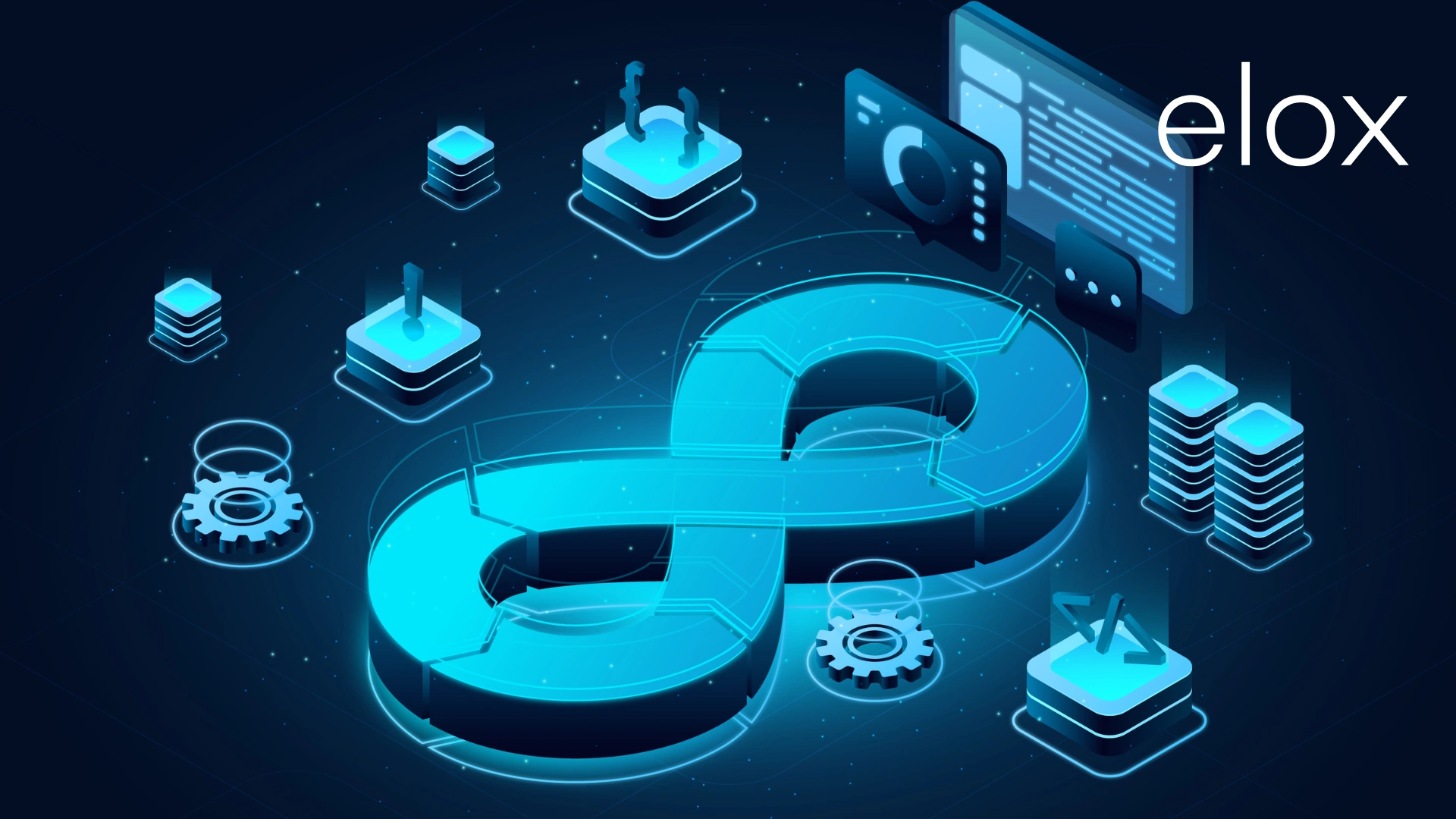The intersection of Artificial Intelligence (AI), Machine Learning (ML), and observability is redefining the way modern teams approach DevOps. Gone are the days of manual configurations and reactive monitoring. Today, DevOps is evolving into a highly automated, adaptive, and insight-driven ecosystem. At the heart of this shift lies the ability to convert data into actionable insights, enabling teams to build, deploy, and secure applications more efficiently than ever.
Smarter Automation Through AI/ML in CI/CD Pipelines
Traditionally, DevOps pipelines relied on rule-based monitoring and static alerts. Now, AI/ML is introducing intelligent automation to CI/CD workflows. For example, tools like Harness and Spinnaker apply machine learning to identify successful build patterns, prioritize test cases, and reduce failed deployments.
AI-driven automation also enhances release strategies by dynamically pausing or continuing deployments based on real-time system health, minimizing risks while maximizing uptime.
Learn more about optimizing release pipelines in our blog on Implementing DevOps in Agile Environments.
Predictive Incident Management
One of the biggest advantages AI/ML brings to DevOps is predictive capabilities. Instead of waiting for something to break, machine learning models analyze logs, traces, and metrics to forecast issues before they escalate.
Platforms like Moogsoft and BigPanda use AI to correlate thousands of events into a single, actionable root-cause alert. This proactive stance drastically shortens the time to resolution and improves overall system reliability.
Want to dive deeper? Check out DevOps Transformation: A Step-by-Step Guide.
Observability 2.0: From Data to Action
Modern observability goes far beyond dashboards and logs. With embedded AI, platforms like Grafana, New Relic, and Dynatrace transform raw telemetry into meaningful, automated actions.
These platforms analyze metrics, logs, and traces in real-time to detect anomalies, suggest solutions, and even auto-remediate issues. For example, if CPU usage spikes unexpectedly, the system can identify the root cause and either scale resources or roll back recent changes—without human intervention.
Reducing Noise with Adaptive Alerting
AI-powered alerting cuts through the noise by learning what “normal” looks like for each service and adjusting thresholds dynamically. This prevents alert fatigue and ensures engineers only get notified when it really matters.
Tools like PagerDuty and Opsgenie use context-aware alerting that considers incident severity, historical responses, and engineer availability to deliver smarter notifications.
Enhanced Collaboration Across Teams
AI and observability also foster cross-functional collaboration. By centralizing insights into shared dashboards enriched with ML-driven context, teams across Dev, Ops, and Product gain a unified view of system health.
This transparency breaks down silos and promotes a culture of shared ownership, faster decision-making, and innovation.
Discover how cultural transformation plays a role in Building a DevOps Culture That Scales.
Security Gets Smarter with AI/ML
AI/ML also powers real-time threat detection and behavioral analysis in DevSecOps pipelines. Platforms like Snyk and Aqua Security automatically scan code, containers, and infrastructure for vulnerabilities, integrating seamlessly into CI/CD workflows.
This allows security teams to catch misconfigurations, unusual access patterns, and code vulnerabilities before they become threats.
Continuous Learning and Optimization
AI models thrive on data—and DevOps environments generate plenty. With continuous feedback loops from application telemetry and user interactions, AI helps improve both system performance and user experience.
This aligns with Site Reliability Engineering (SRE) principles, where feedback is used to optimize Service-Level Objectives (SLOs) based on real-time data.
Challenges and Considerations
Adopting AI/ML in DevOps comes with its own challenges. Poor data quality, siloed teams, and lack of context can lead to inaccurate insights. Moreover, over-relying on automation without human validation can introduce new risks.
Organizations must strike a balance between intelligent automation and human oversight—especially in areas involving compliance, governance, and security.
Getting Ready for AI-Driven DevOps
To embrace this new era, DevOps teams should:
- Invest in AI-native observability tools
- Centralize and standardize their data
- Promote collaboration across Dev, Ops, and Security
- Foster a culture of continuous learning
Begin your journey with our Ultimate Guide to DevOps for Startups.
Conclusion
The future of DevOps is insight-driven, autonomous, and highly resilient. By integrating AI/ML and modern observability practices, organizations can deliver better software, faster, and with greater confidence by getting devops services for startups. Those who adopt early will gain a competitive edge in scalability, innovation, and customer satisfaction.
